Article Contents
Understanding Fail Close vs. Fail Open Valves: A Comprehensive Guide
Introduction to fail close vs fail open valve
In the field of industrial processes and control systems, valves play a critical role in regulating the flow of fluids or gases. These valves are designed to ensure safe and efficient operation, and in the event of a failure, they can be configured to either fail closed or fail open. In this article, we will explore the concepts of fail close and fail open valves, discussing their definitions, functions, advantages, and disadvantages.

Fail Close Valve
A fail close valve, as the name suggests, is a valve that automatically closes when it experiences a failure or loss of control signal. In normal operation, the valve remains open, allowing the flow of fluid or gas. However, in the event of a failure such as power loss or a control system malfunction, the fail close valve will immediately and automatically close to prevent any further flow.

Advantages of Fail Close Valves:
- Safety: Fail to close valves are commonly used in situations where safety is a top priority. By closing automatically during a failure, these valves can help prevent hazardous situations, such as leaks, spills, or over-pressurization.
- Process Protection: Fail to close valves can protect equipment and processes by quickly isolating them from the flow. This prevents damage or contamination that could occur if the flow continued unchecked.
- Reliability: Fail to close valves provide a fail-safe mechanism that ensures that any failure in the control system will result in a safe and closed position, minimizing potential risks.
Disadvantages of Fail Close Valves:
- Process Disruption: In certain situations, a sudden closure of a fail to close valve can disrupt the process flow, causing production delays or downtime. Careful consideration of the system dynamics and response time is necessary to mitigate these disruptions.
- Increased Maintenance: Fail to close valves may require more maintenance due to the frequent actuation and closure during system failures. Regular inspections and testing are necessary to ensure their reliability.
fail to close valve meaning ?

Fail Open Valve
A fail open valve, on the other hand, is a valve that automatically opens when it experiences a failure or loss of control signal. Under normal operating conditions, the valve remains closed to prevent the flow of fluid or gas. However, if a failure occurs, the fail to open valve will open to ensure that the flow continues.

Advantages of Fail Open Valves:
- Process Continuity: Fail open valves are commonly used in situations where uninterrupted flow is crucial, such as emergency shutdown systems. By opening during a failure, these valves allow the process to continue operating, minimizing disruptions and potential hazards.
- Pressure Relief: In certain scenarios, a fail open valve can act as a safety valve, relieving excessive pressure and preventing damage to equipment or pipelines.
- Operational Flexibility: Fail open valves provide the flexibility to design systems where specific failure scenarios require continuous flow. This can be advantageous in certain processes or applications.
Disadvantages of Fail Open Valves:
- Safety Considerations: Fail open valves may not be suitable for all applications, especially those involving hazardous materials or critical processes. Their tendency to maintain an open position during a failure can potentially exacerbate safety risks.
- Potential Escalation: In some cases, a failure in the control system may lead to an increased flow rate or pressure due to the opening of fail open valves. This can cause additional damage or problems if not properly accounted for in the system design.
- Reduced Process Protection: Fail open valves do not provide immediate isolation or protection against leaks or spills. Additional safety measures or redundant systems may be necessary to mitigate these risks.
fail open valve symbol
Table summarizing the key points about fail close and fail open types of valves:
| Fail to Close Valve | Fail to Open Valve | |
|---|---|---|
| Definition | Valve that automatically closes during a failure | Valve that automatically opens during a failure |
| Normal Position | Open | Closed |
| Function | Prevents further flow in the event of a failure | Allows flow to continue in the event of a failure |
| Advantages | – Safety – Process Protection – Reliability | – Process Continuity – Pressure Relief – Flexibility |
| Disadvantages | – Process Disruption – Increased Maintenance | – Safety Considerations – Potential Escalation – Reduced Process Protection |
Note: The advantages and disadvantages listed in the table are a summary of the points discussed in the article. Feel free to add more specific advantages or disadvantages based on your specific application or requirements.
Remember, the selection of fail close or fail open kind of valves should be made based on a thorough analysis of the system, taking into account safety considerations, process requirements, and potential risks.
Conclusion
Choosing between fail close and fail open valves depends on the specific requirements of the industrial process or system. Both types have their advantages and disadvantages, and careful consideration of safety, process continuity, and system dynamics is essential. Ultimately, the decision should be based on a comprehensive evaluation of the risks, operational needs, and regulatory requirements to ensure a reliable and safe system design.
4 COMMENTS
Comments are closed.



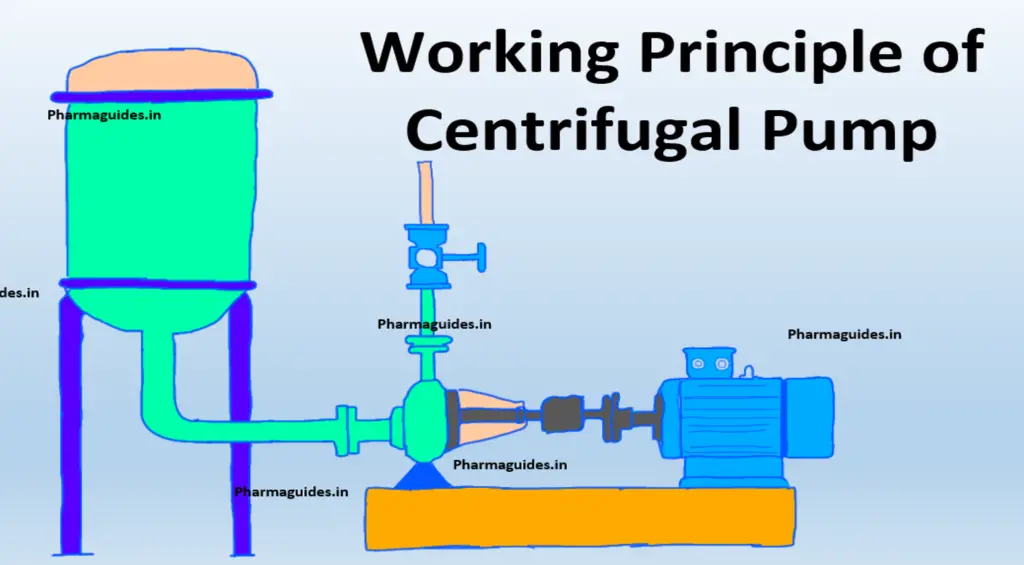
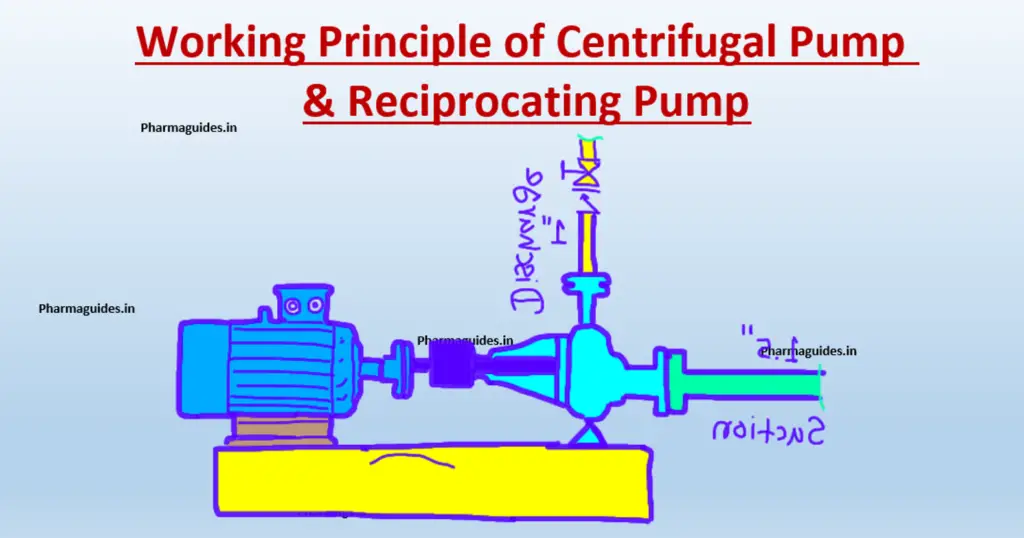
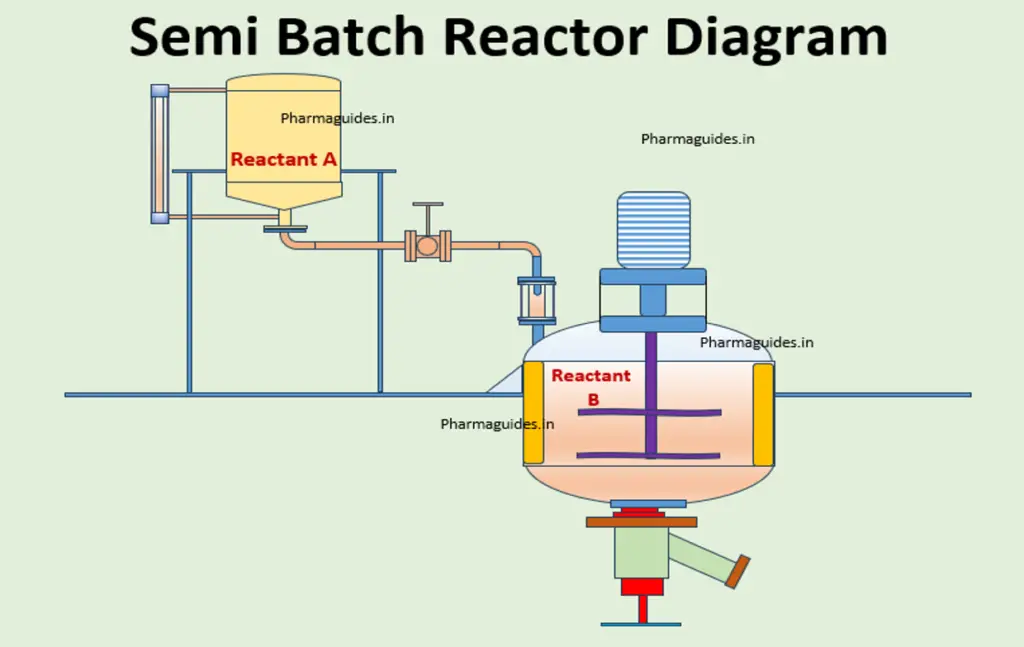
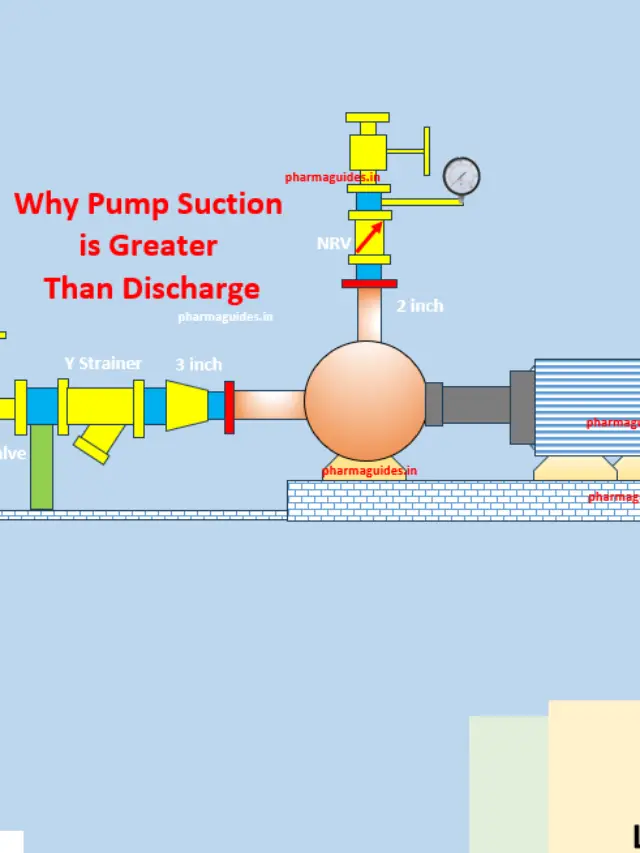
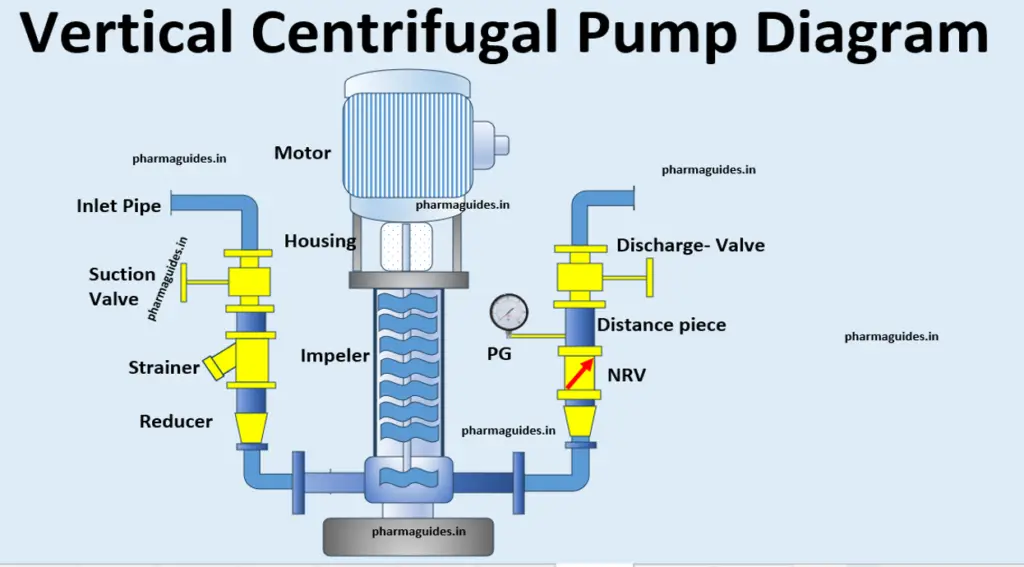
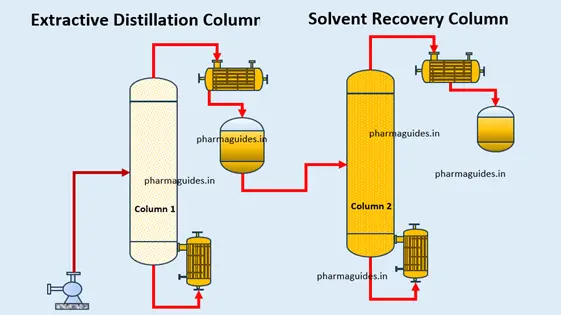
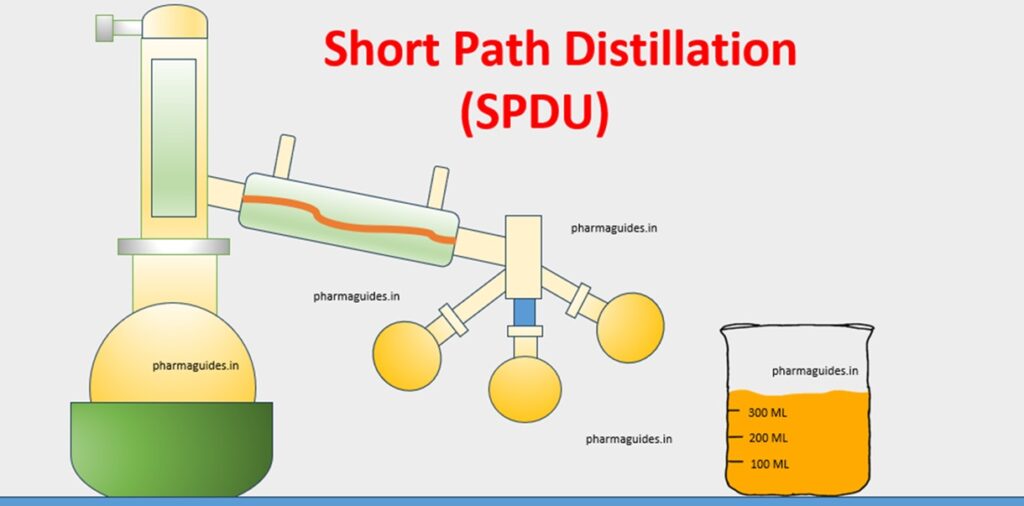
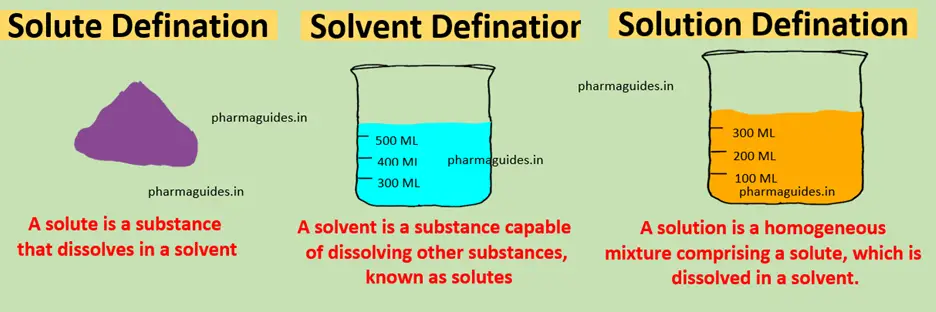
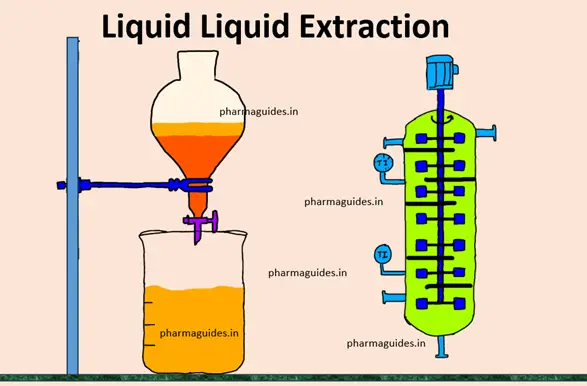
I definitely wanted to type a small note to say thanks to you for all the pleasant tricks you are writing on this site. My extended internet search has now been recognized with brilliant details to share with my good friends. I would suppose that many of us site visitors actually are undoubtedly blessed to dwell in a good site with very many perfect professionals with very beneficial hints. I feel rather happy to have come across the web page and look forward to some more entertaining moments reading here. Thanks once again for all the details.
I really prize your piece of work, Great post.
Good write-up, I am regular visitor of one’s site, maintain up the nice operate, and It is going to be a regular visitor for a lengthy time.
Pretty! This was a really wonderful post. Thank you for your provided information.